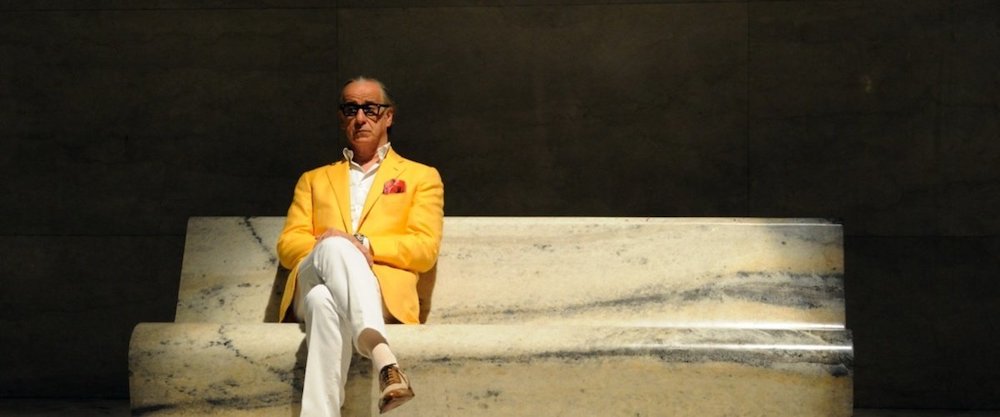
Pre
This is one of my favorite movies. Very excited to share with everyone!
Sorrentino is a fascinating director, but I actually haven’t seen much of his work (I enjoyed his film, Youth, but not nearly as much as The Great Beauty). I have not seen The Young Pope (or the New Pope for that matter) nor “This Must Be The Place” which sounds totally wild.
Post
“Rome has really disappointed me”
This is the scene that, above all others, stands out to me from The Great Beauty: Romano telling Jep that he’s leaving Rome and that he’s headed home to the town he grew up in… “For good”. This is a goodbye–in the real sense–and it is depressingly casual. The point, I think, is not just that getting old makes the morbid casual–but that true disappointment out of life is almost banal.
The Great Beauty is not a depressing movie. It is actually (until the last half hour or so) irrepressibly funny (to say nothing of the fact that it’s also a beautiful film with a fantastic soundtrack).
But the finiteness of life bears on its characters. Life has settled. Destiny is what has already happened. “I was destined to be Jep Gambardella” and so he is. They’re at an age where contemplation naturally steers from thinking about the future to thinking about the past or finding enough distractions or false narratives to warrant not thinking at all.
“You’re 54, with a life in tatters, like the rest of us”, Jep says to Stefania. “We’re all on the brink of despair.”
What is the nature of Jep’s despair? The central question of the film, on a plot level, is why hasn’t Jep written another novel since his widely acclaimed debut, the ridiculously titled: “The Human Apparatus”. When his editor, Dadina, tells him that he hasn’t had the career he deserves, he responds in a way that would seem self-deprecating if he didn’t seem so naturally self-satisfied: “Maybe I don’t have much to say”. The question is repeated later by his love interest, Ramona, and then finally, at the end, by the “living saint.” At last, he gives what we’re led to believe is the true answer: he never found “the great beauty”.
The Saint responds bizarrely: “Do you know why I eat roots… because roots are important”.
In the next and final scene we see him standing on the same cliff-side stairs from the memory we’ve seen of his youth, of his first sexual experience with Alisa. He is happy and content, narrating the first lines of his next novel. He’s gone home.